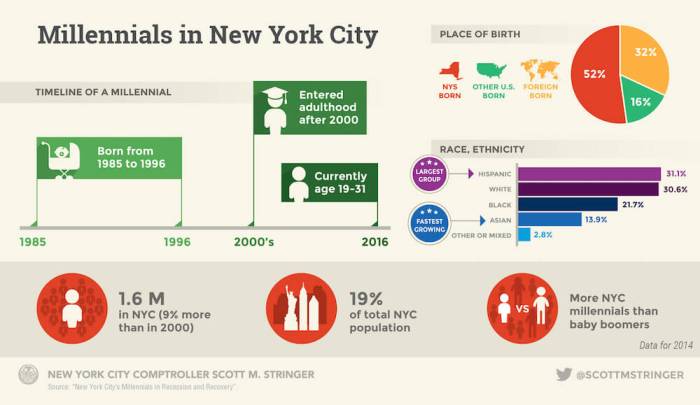When Anna Akbari received her Ph.D. in sociology in 2008, she felt like she was on top of the world. And then the Great Recession began.
“As a lot of people did, I became acutely aware that the system that we had become used to seeing as a security blanket wasn’t something that we could rely on,” says Akbari, the author of the book“Startup Your Life: Hustle and Hack Your Way to Happiness.” “We really had to individually be a little scrappy and reinvent the system.” With many readers having career-related New Year’s resolutions on the brain, we asked Akbari for her tips on how to have a transformative 2017.
Think like a visionary
The trick to creating meaningful change is to begin disrupting your work routine long before it is necessary to do so. “Too often we think of change as something that is thrust upon us in moments of crisis,” explains Akbari. “Instead, we should adopt an always-changing mind-set so that we are nimble and constantly adapting and growing.” Simple ways of doing that include taking time to learn new skills, keeping up with how your industry is changing and being open to new positions, even when you aren’t actively looking.
Embrace the creative
A big part of getting ready to make a career change is opening your eyes to possibilities you may not have previously considered. “This might sound strange, but I tell people to always find play outlets,” says Akbari. “I call this ‘serious play’ because it allows your imagination to run free and allows you to stay in touch with things that really make you happy.” Building time for creative projects into your week will also permit you to see how to get back in touch with talents you may not have used in a while. “Play is often left off our to-do lists, but it’s important to integrate because of the benefits,” she says. Accept failure
Throughout her book, Akbari stresses the need to accept failure and the occasional misstep as regular parts of life. “To be able to successfully pivot, you need to accept that failure will happen and that failure is good for growth,” says Akbari. “When failure inevitably comes your way it is an opportunity for you to actively self-reflect.”
Want to energize your career in 2017? Think like a startup

Provided
























